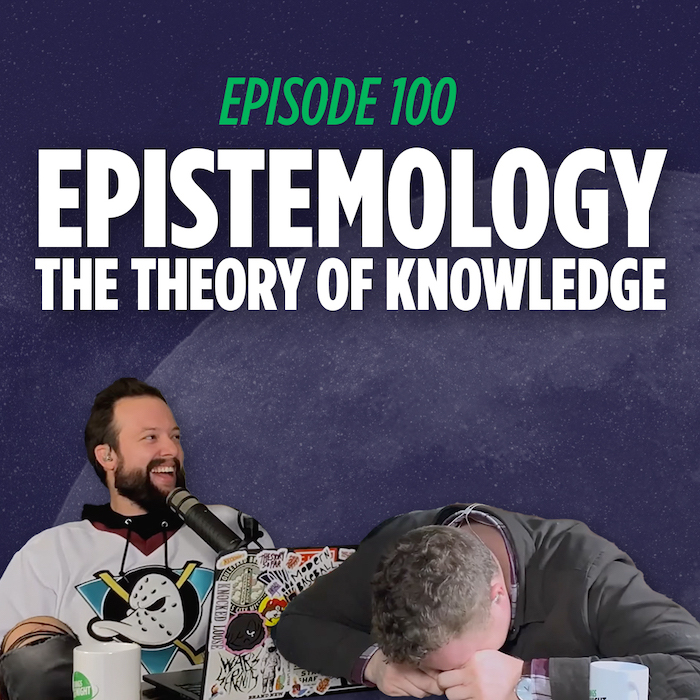How do you know what you know? That’s a weird question. It’s an important question to ask, though, and that question is at the heart of epistemology. Briefly, epistemology is a philosophical school of thought that seeks to understand knowledge. At its core, the hope is to determine if evidence can justify our beliefs. The system of thought has birthed all forms of skepticism. Therefore, many have claimed that the system exists to poke holes in ideas and find reasons to deny one’s way of thought. While, in some cases, it is true that people are skeptical for the sake of being skeptical, the thought process provides the foundation on which scholars built the scientific method.
Justified True Beliefs
The three main components of epistemology are justification, truth, and beliefs. When all three work together, they form justified true beliefs. The basic idea at work here is this: whatever you know is a belief; if that belief is also true it is a true belief; if that belief is true and you have a justification for believing it, then it is a justified true belief. So the goal for the epistemologist is to find justified true beliefs.
The Cartesian Evil Demon Problem
One of the best justifications for a belief is experience. If you experience something, you have a strong justification for believing that it is true. However, Rene Descartes argued that you couldn’t trust experiences either. Descartes theorized a hypothetical situation in which you are tied to a chair and fed all your experiences by an evil demon. These experiences encompass the full range of emotions and sensations. However, they are not real. Descartes used this illustration to give an example of why we can’t trust our experiences to justify our beliefs.
Many have come after Descartes to offer new modernized examples of his problem. One of the more famous renditions is the brain in a vat hypothesis. This theory states that for all we know, we could be a brain in a vat that is being fed information to believe we are experiencing all that we know as accurate. This, coupled with Descartes’s original situation, is the basis for the Matrix film.
Epistemology in the Information Age
The information age has brought an even more critical need for epistemology. The irony of the era in which we live is that all the information in the world is seconds away from us. Yet, ignorance abounds. The issue is that while data is everywhere, good information is difficult to find. All around us, new thought leaders, influencers, podcasters, etc., are introducing new ideas with confidence. If we aren’t careful, these could become ideas that we believe to be true. Therefore, we must always find if our beliefs are true and if we have adequate justification for those beliefs.
Conclusion
At first glance, the effort of epistemology may seem like an unnecessary or even vain effort. However, the thought pattern lends way for more established beliefs and confidence in those beliefs. It can be a laborious process to find justifications for our beliefs. No more than ever, though, we need to embark on the process of justifying our beliefs. The world needs it today.
Things I Learned Last Night is an educational comedy podcast where best friends Jaron Myers and Tim Stone talk about random topics and have fun all along the way. If you like learning, and laughing a whole lot while you do, then you’ll love TILLN. Watch or listen to this episode right now!
Sources
Stanford Encyclopedia of Philosophy
Related Episodes
Tell Us What You Think of This Content!
Don’t forget to share with your friends!

